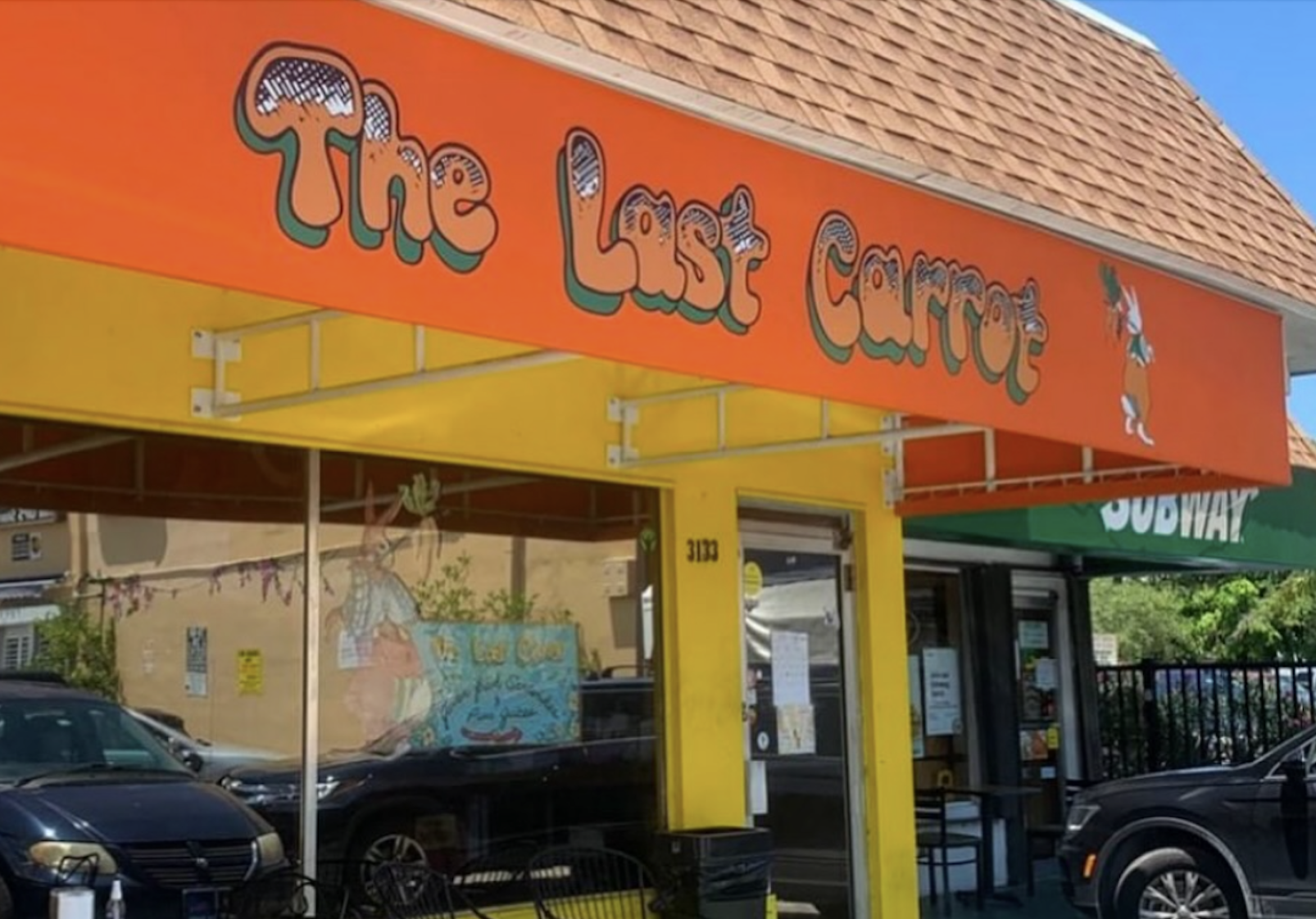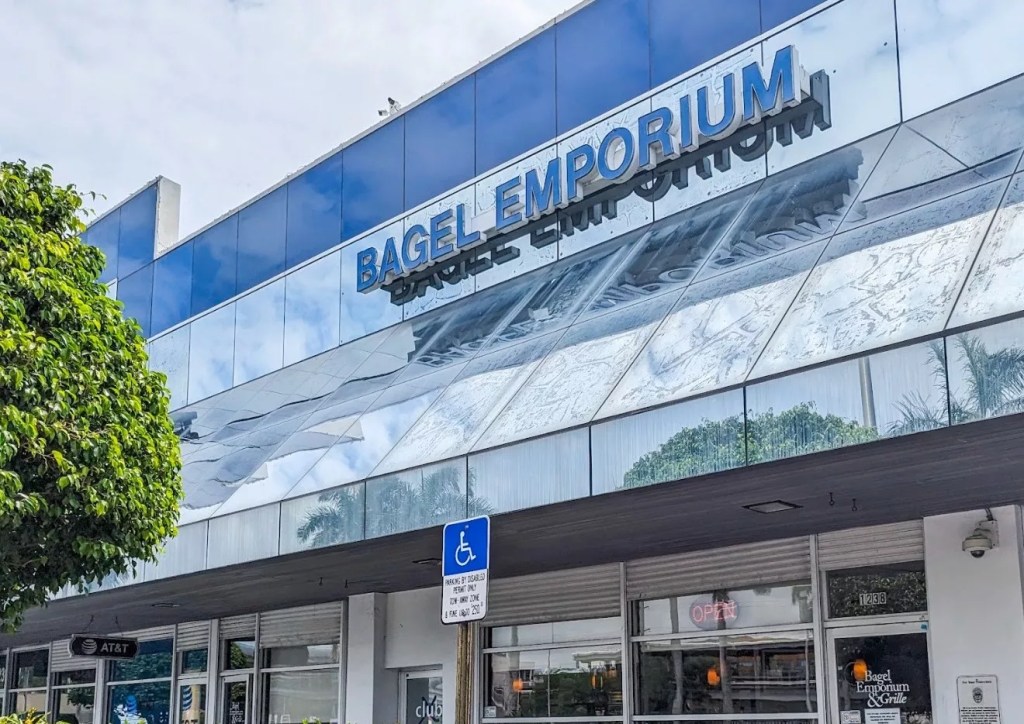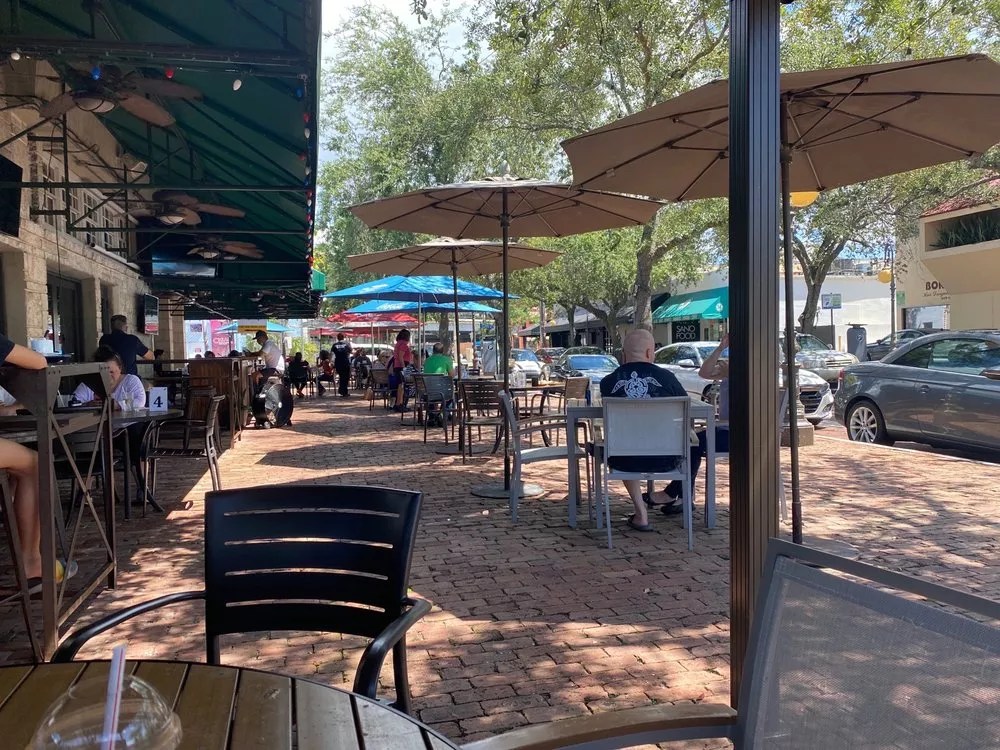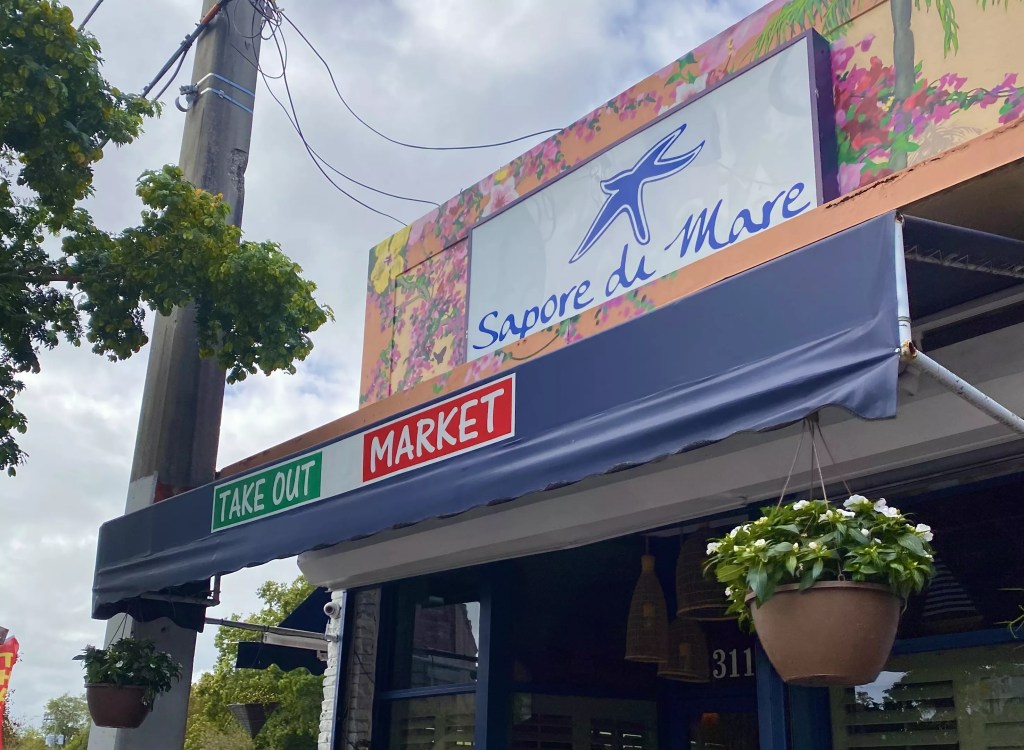
The Last Carrot photo

Audio By Carbonatix
There’s a certain kind of heartbreak that comes from watching the restaurants that shaped your city or childhood vanish, not with a bang, but with the slow, calculated thud of a wrecking ball. These beloved, old-school landmarks, such as Deli Lane Café, Bagel Emporium, and Shorty’s Bar-B-Q, are no-frills, family-owned spots that have served generations of Miami families and college students. For decades, they’ve been gathering places for neighbors, morning rituals for locals, and essential threads in the fabric of their communities. Now, many are being forced out to make way for shiny towers with price tags that few of their most loyal patrons could ever afford.
In Miami, where real estate speculation moves faster than afternoon rainstorms, some of the city’s most cherished restaurants, places that have fed generations, are being pushed to pack up or disappear altogether. Whether tucked into Coconut Grove’s leafy corners or holding down a busy South Dixie strip since the 1950s, these restaurants aren’t just eateries; they’re landmarks of our collective memory.
Developers say it’s “progress.” Locals call it what it is: erasure. From Coconut Grove to Coral Gables and down South Dixie Highway, developers are snapping up properties at unprecedented rates, prioritizing luxury condos and office towers over institutions that bind communities together. As the bulldozers rev their engines, we’re left with a question that cuts deep: What happens to a city when the restaurants that made it home disappear? Below is a sobering list of six restaurants, some over 50 years old, being pushed out by luxury development projects.

Bagel Emporium & Grille photo
Bagel Emporium & Grille – Coral Gables
Opened: 1975 | Status: Relocating to Ponce de Leon Blvd.
Across from the University of Miami, Bagel Emporium & Grille has been the unofficial cafeteria of “Suntan U” for nearly 50 years. From tuna salad scooped onto fresh bagels to crisp golden fries and stacked deli sandwiches, the spot at 1250 S. Dixie Hwy. has been a staple for students, alumni, and locals alike. But its original home in University Shopping Center will soon be demolished to make way for “The Mark,” a massive $70 million student housing and retail complex by Landmark Properties. The beloved deli will move to 4000 Ponce this fall, expanding its menu to include dinner and spirits for the first time. Still, its iconic location, just steps from the U, will soon be only a memory.

Deli Lane Café & Sunset Tavern photo
Deli Lane Café & Sunset Tavern – South Miami
Opened: 1988 | Status: Demolition Pending, New Location Secured
Few restaurants embody the soul of South Miami like Deli Lane Café. For 40 years, its cobblestone patio on Sunset Drive has been the communal table for families, cyclists, and brunch lovers. Mimosas under umbrellas, “Maxx’s Omelette,” and steak-and-egg wraps made it the kind of place where servers know your name and your side order (tater tots, always). But AvalonBay Communities, a Virginia-based developer, purchased the property with plans to replace it with a rental apartment building. Deli Lane’s current home at 7230 SW 59th Ave. will be demolished. Thankfully, owners Jahn Kirchoff and Mike Maler have secured a new location within the historic Dorns building, slated to open in 2027. Even so, losing that red-bricked corner feels like losing part of the neighborhood’s DNA.

Photo by Daniella Mia (@mynameisdaniellamia)
The Last Carrot – Coconut Grove
Opened: 1975 | Status: Displaced, Future Uncertain
For half a century, The Last Carrot has been Coconut Grove’s healthiest heartbeat, a tiny, unpretentious vegetarian café founded by bodybuilder Michael Compton long before “clean eating” was trendy. Its falafel pitas and freshly squeezed juices nourished generations of UM students, yogis, and Grove loyalists. This November, the Grove’s oldest continuously operating restaurant must vacate its iconic 3133 Grand Ave. storefront, another casualty of Ziggurat’s development. Unlike Sapore di Mare, The Last Carrot hasn’t secured a new location. However, New Times has reached out to see if there has been an update. For longtime patrons, the thought of Grand Avenue without the scent of hummus and sprouts feels unimaginable.

Photo by Nicole Lopez-Alvar
Sapore di Mare – Coconut Grove.
Opened: 2014 | Status: Relocating
Sapore di Mare, an Italian seafood jewel named one of New Times’ “10 Best Restaurants in Coconut Grove,” has built a decade-long legacy at 3111 Grand Ave. with its cacio e pepe crowned in black truffle and lobster-stuffed ravioli that locals swore rivaled coastal Italy. But this fall, its original home will be reduced to rubble. The space is being demolished to make way for “Ziggurat,” a multimillion-dollar mixed-use condo and office complex with units starting at $2.3 million. The silver lining is that Sapore di Mare will reopen nearby at 3433 Main Hwy., taking over Like Mike’s former spot. But for regulars, the move across the street still feels like leaving home.

Shorty’s Bar-B-Q – Dadeland
Opened: 1951 | Status: Sold for $14.5 Million, Demolition Planned
After nearly 75 years of serving smoked meats doused in sticky sauces, Shorty’s Bar-B-Q will close its flagship Dadeland location at 9200 S. Dixie Hwy. The South Florida staple, which has won ten New Times Best of Miami awards, confirmed that its original log-cabin-style restaurant will be demolished following the sale of the land. Founded by E.L. “Shorty” Allen in 1951, Shorty’s is a true South Dixie landmark. Known for its hickory-smoked ribs, chicken, creamy coleslaw, and picnic-style dining, the restaurant has withstood fires, hurricanes, and numerous real estate booms. The original structure burned down and was rebuilt in 1971, and despite ownership changes, it remained a fixture of old Miami hospitality. Developers Florida Value Partners and Atlantic Pacific Companies purchased the land in 2022 for $14.5 million, and demolition is expected in late 2026. While the West Miami and Davie locations will continue to operate, losing the original is more than the end of a building. It is the loss of a living piece of South Florida history where generations gathered for barbecue and a taste of home.